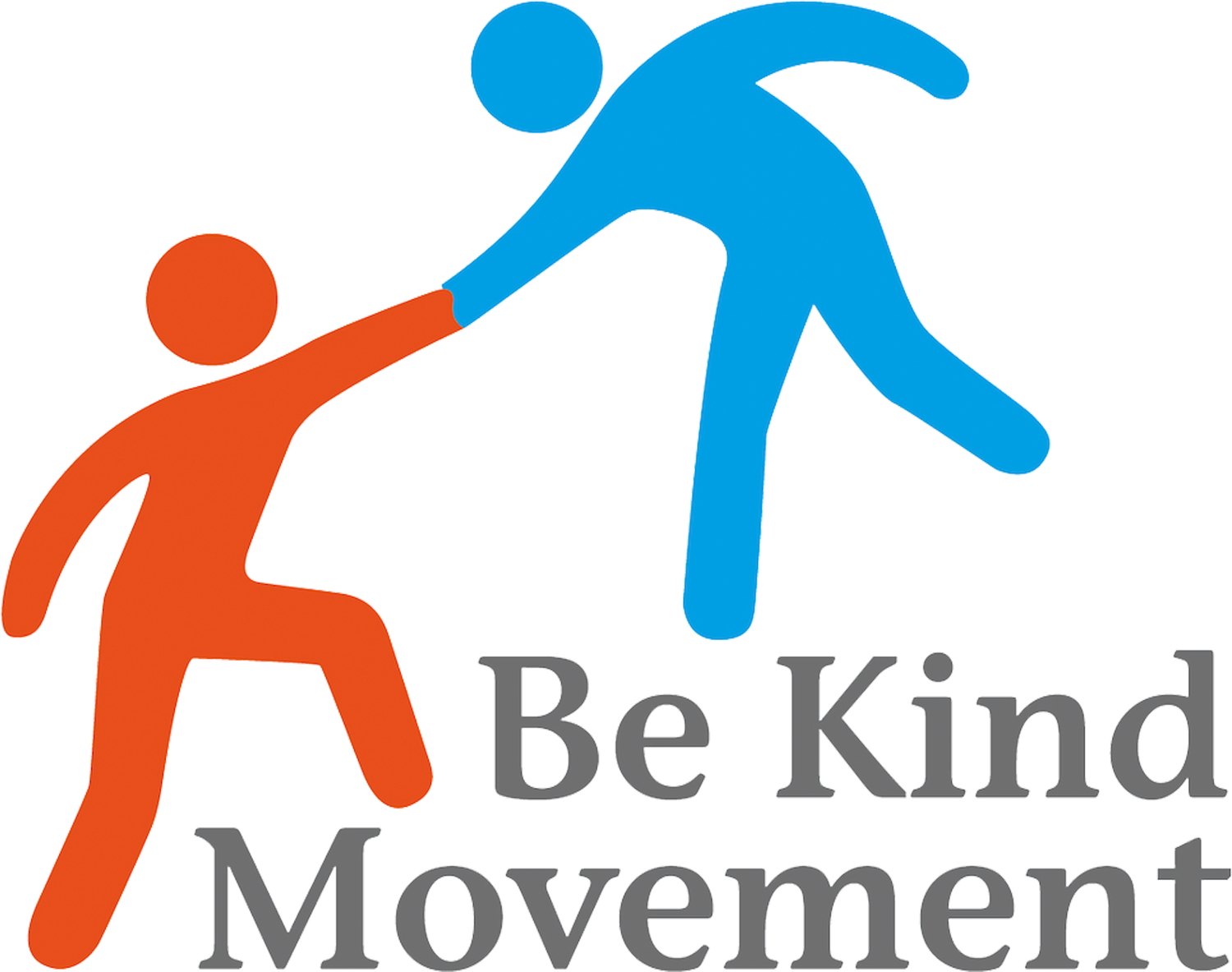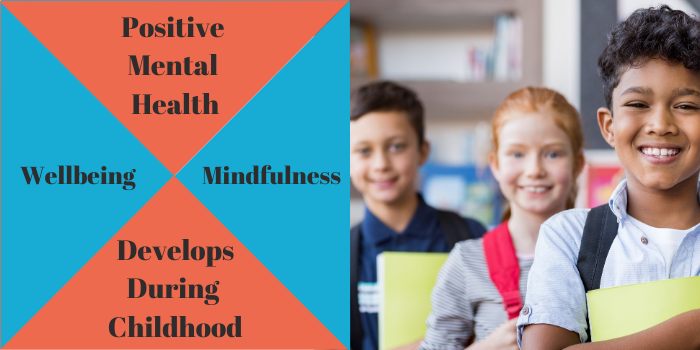Impact of Kindness in School programme on children and young people
They learn to be resilient, kinder to themselves, embracing mindfulness to their minds and bodies which improves their ability to deal with internal issues of self-esteem, body image and self-harm;
Builds and strengthens their confidence and assertiveness and equips them with coping skills to ease the transition from primary to secondary school, which for many children is a very challenging period in their lives;
Provides children and young people with coping techniques to deal with external issues such as bullying and racism;
A safe and creative space enables children to think, feel and express their inner thoughts and feelings on loneliness, isolation, fear and companionship;
Appreciate and practice acts of kindness with their family, friends, and the wider community and society. Building compassion and care for others improves their relationship building skills and ingrains empathy in them as future leaders.
Positive outcomes for children and young people
They are less likely to develop or suffer from mental health issues and can continue enjoying the joys of childhood and teenage years;
Reduced mental health issues means an emotionally intelligent child who is likely to be happy, to do well academically and grow up to be a confident adult contributing positively to family life, society and community;
Building future leaders who model positive, empathetic and kind behaviour towards their employees, staff and the Board;
Inculcating kindness from a young age towards friends, family, neighbours, and inclusion towards strangers from different walks of life leads to creating a kinder and safer community that cares for the well being of its residents and those that are vulnerable and disadvantaged. Studies focused on social and emotional learning show decreased dropout rates, school and classroom behaviour issues, drug use, teen pregnancy, and criminal behaviour.

